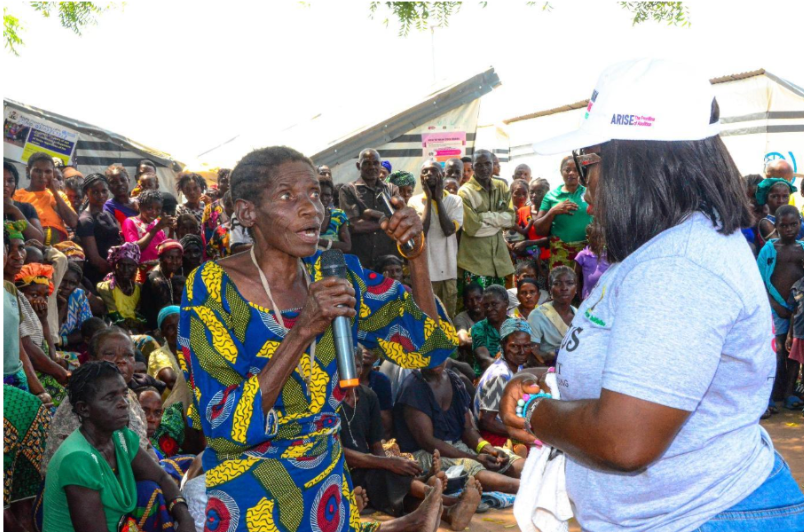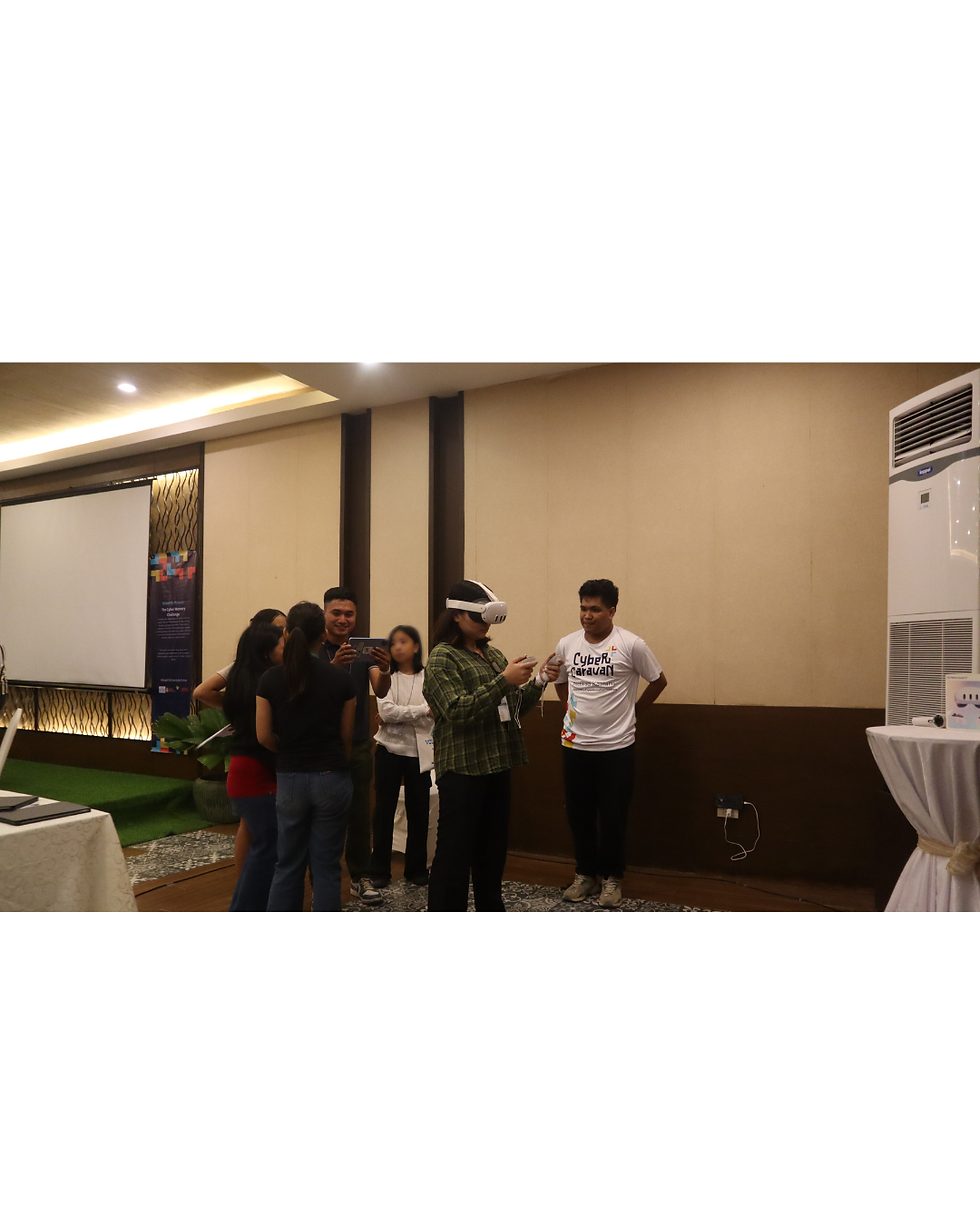Arise's slavery prevention work during COVID - Phase I
- Jun 10, 2020
- 2 min read
Updated: Aug 27, 2020
You may have seen the headlines about Arise's emergency COVID fund. Here is more of the detail from our Programmes Director, Jessica Templeman, about why and how we chose to build this life-saving fund.
Slavery prevention work can, often, feel nebulous. Providing access to social protections and increasing literacy and eduction within a community are crucial; but they do not yield immediate results, and change is spoken of in generational terms. This is the lifeblood of Arise’s work; we are committed to this long-term sustainable change believing this creates resilient communities able to resist exploitation.
But there are moments, such as this pandemic, where prevention work necessarily becomes much more tangible, at least in the short term. As employment disappeared, and vulnerable communities became ever more precarious, our long-term careful prevention work was replaced by the need for rapid basic relief.
Arise’s model has always been light touch and nimble, which allowed us to respond quickly to what our frontline organisations were saying. In March they were saying that more people would die of starvation than the virus if something was not done quickly. Arise responded and, in the space of a week, we designed and launched a new funding stream. Through quick micro-grants focused on providing basic needs, we allowed our networks to meet these communities at one of their moments of greatest need.
Within the first month of funding, we provided over 40 grants to frontline actors embedded in our networks. Through these Arise supported 23,956 individuals, 19,626 in India alone. Every person supported would not have had access to food or masks otherwise. They include brick kiln workers abandoned with no means of feeding their families; migrants stranded thousands of miles from home with no employment; and, families, including Roma, unable to eek out a living through roadside begging. Most families were given weekly bags of basic but nutritional foodstuffs, and simple soap, masks, gloves and hand sanitiser.
Children of the brick kiln communities, forced into brick-making through years of generational bondage, line up for food during lockdown - Haryana, India
As lockdowns extended, our fund continued to meet need, opening for a second round of provisions in May. The same communities were still in need of similar support; with no savings and no ability to work, they could not provide for their own basic needs.
Most of these 24,000 individuals have now been support by our frontline networks for at least 2 months. This was, and in some areas still is, crucial anti-slavery prevention work. If our frontline networks did not step in, traffickers and exploiters would have filled the vacuum created by government’s COVID-19 responses.
Arise is now turning towards our third phase of COVID-19 related work, where the long-term lens of prevention is returning. Already, frontline actors are beginning to think of how to support vulnerable communities as they navigate the tumultuous period after lockdowns. Arise is moving to support them, with programmes coupling relief for those who still cannot work with our more usual resilience-raising prevention work. This will ensure that traffickers cannot get another foothold in these communities, and hopefully prevent another generation suffering this terrible crime.
To support Arise and our anti-slavery network, rising to the challenges presented by Covid in some of the highest risk communities in the world, donate here





